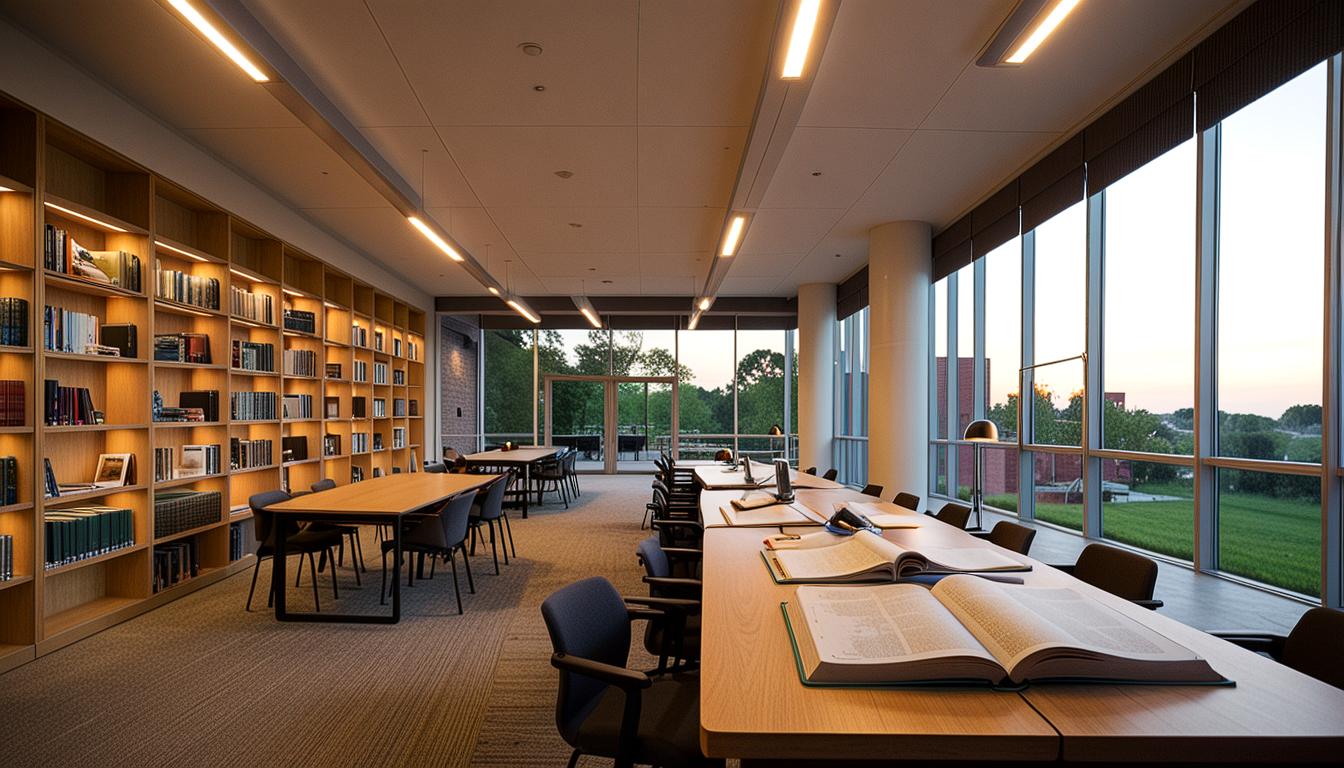Appreciating the Craft: Fundamental Aspects of Architecture
Role of creativity in architecture: Creativity serves as the backbone of architecture, permitting architects to conceive designs transcending mere functionality to elevate aesthetic value and context.
The responsibility of an architect: Architects shoulder the responsibility of generating building designs that meet client expectations and serve the end users beneficially.
Demonstrating creativity in an architectural practice: An architect showcases creativity through adept conceptualization of robust design concepts, crafting unique spaces, and inventing ingenious solutions to conventional problems.
Steps to Improve Architectural Skills
Reading Relevant Books: Reading stands as a potent tool for enhancing architectural design skills. There is a plethora of books available that cover an extensive range of architectural topics. ‘Conditional Design – An Introduction to Elemental Architecture’ and ‘Operative design – A Catalogue of Spatial Verbs’ are good examples. They deliver insights on design basics and guide towards innovative design ideas.
Sharpening Skills Through Sketching: Sketching serves as an invaluable aid for architects. It facilitates the brain in formulating and verbalizing ideas. Renowned architects, such as Frank Gehry, have achieved distinctive sketches. Frequent sketching within a sketchbook could lead to potential design ideas.
Drawing Insights from Case Studies: Case studies help understand how diverse architects resolved certain design constraints, offering solutions for particular design problems and refining your design concepts.
Reviving Creativity with Breaks: Intermittent work breaks rejuvenate the brain, resulting in new and impressive design ideas. Long breaks serve as a relaxant for both mind and body, leading to the evolution of novel concepts.
Common Skills Among Successful Architects
Design Thinking: Translating Ideas into Building Forms: Design thinking encompasses the ability to convert architectural concepts into building forms and structures.
Top Skills Needed by an Architect
-**Creativity and its importance**
-**Necessity of technical expertise**
-**Importance of communication, leadership, and management skills**
Improving Technical Expertise: An Overview
Technology’s role in modern architecture: Architects in the modern times effectively use software tools like Revit, AutoCAD, ArchiCAD, Rhino, and Grasshopper to advance the design process.
Understanding structural engineering principles and construction techniques: Any successful architect should have a comprehensive understanding of building principles, materials, and construction techniques.
Importance of compliance with building codes and regulations: Adherence to building codes and regulations guarantees that designs are feasible, operational, and safe.
Career Advancement Strategies for Architects
Value of a portfolio: A portfolio speaks volumes. It offers potential clients an insight into your best work, providing vivid examples of what you could achieve for them.
Importance of mentorship and professional guidance: Mentors provide insights and advice based on their rich experience. Seeking professional guidance will unearth the most beneficial career steps to take next.
FAQs: Answering Common Queries about Architectural Skills
What are some of the books helpful for improving architectural design skills?
Books such as ‘Conditional Design – An Introduction to Elemental Architecture’ and ‘Operative design – A Catalogue of Spatial Verbs’ are excellent for expanding architectural design skills.
How does sketching benefit architects?
Sketching stimulates the brain, enabling it to express ideas effectively, thereby enhancing design skills.
What is the importance of case studies in architecture?
Case studies provide insights into how different architects dealt with specific design constraints. They can offer solutions for specific design problems and improve your conceptual design.
How can a design concept go beyond aesthetics?
A design concept can incorporate context, climate, culture, function, cost, and material availability. These factors aid in shaping your design concept.
What are some ways architects can advance their career?
Building a portfolio showcasing your best work and finding a mentor for professional guidance are great steps for career advancement.
Remember, the quest for excellence is a process of constant learning and improvement. As architects, you have the ability to shape the world through your design. While creativity is a hallmark of an excellent architect, honing your architectural skills is the key to making this creativity sustainable and effective. Invest in the right tools, resources, and habits, and watch your designs make a mark in the world.





